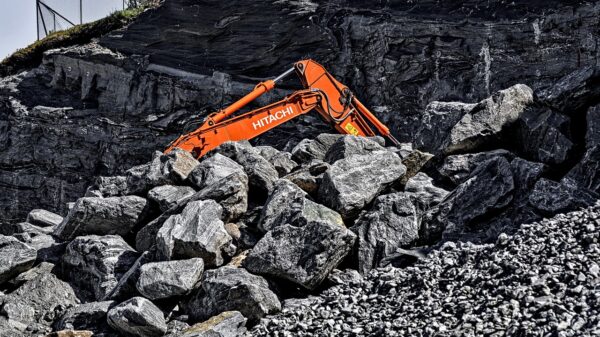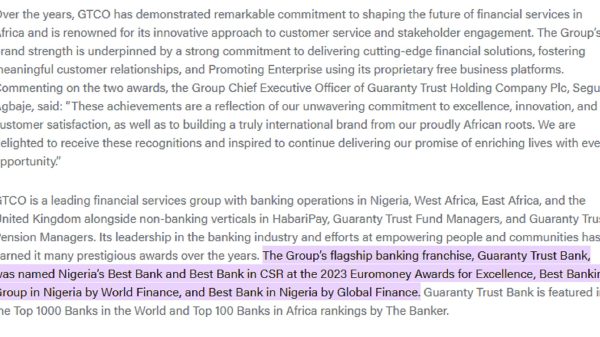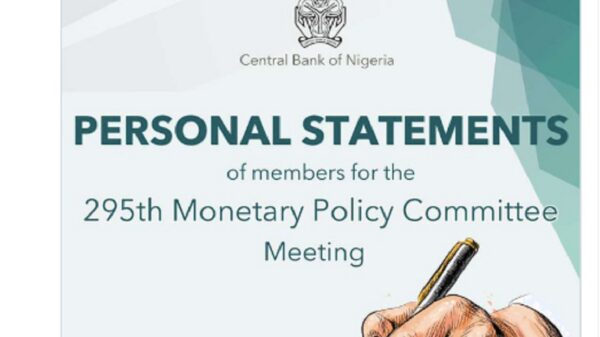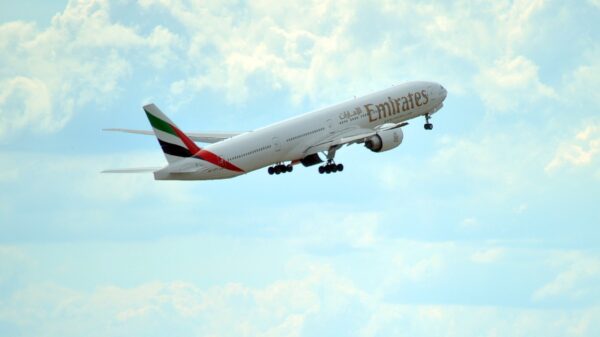Ibrahim expressed this view while delivering the keynote address on Wednesday 20 January during Deloitte Africa’s Outlook Conference, which took place virtually. The disparities in vaccine access and distribution were a central theme during the conference.
Hippolyte Fofack, the chief economist at Afreximbank, and Martyn Davies, the managing director of emerging markets and Africa at Deloitte Africa, both sounded the alarm about the economic consequences of the region’s delayed access to Covid-19 vaccines.
“Without mass vaccinations, we risk economic marginalisation,” warned Davies. “The great hope is vaccination. This would provide certainty,” Davies concluded.
Since April 2020, Afreximbank has been working with the African Union (AU) to secure supply for the region. In addition, the trade-finance institution has approached European Union (EU) and Organisation of Economic Development and Co-operation (OECD) states, such as Canada, to procure supplies for Africa.
Shocking and sad state of affairs
“I am concerned about the situation of the vaccine. I think all of us listened to the director-general of the World Health Organisation two days ago. [There were] shocking numbers, 39 million doses of vaccine were administered in … 49 rich countries,” said Ibrahim.
“Over 40 million doses by now. And the rest of the countries – 150 countries or so – only 25. It’s not 25 million, not 25 thousand, not 25 hundred. It’s just 25. I think it’s really shocking. It’s very sad,” he added.
Ibrahim also pointed out: “A country like Canada has procured five doses of the vaccine for every citizen. Why? I don’t know. What are they going to do with the extra three? We’ll see. This is a problem because the pandemic is a global issue.”
Ibrahim also asked what if there are delays in delivering vaccines to Africa, as well as to other low- and middle-income countries, where most of the world’s population lives.
Wasted efforts?
The telecoms investor argued that the current situation might render the vaccine drives in the Global North futile in the absence of similar efforts in the Global South. Ibrahim cited recently discovered mutations in Brazil and South Africa, and wondered if the lack of adequate vaccination drives in the Global South would lead to more such mutations.
If that were to happen, it would undermine current vaccine efforts.
The economic repercussions of 2020 make the task of securing adequate vaccine supplies for Africa urgent. South Africa was the worst-affected by capital outflows during the pandemic, having recorded $1.8bn in capital flight last year, according to Fofack.
Africa needs shot in the arm
“The best way to unlock African economies is having access to the vaccine,” said the Afreximbank chief economist.
“We’ve been working with the … [AU] to adopt a continental approach to access to vaccines in a way that will ensure Africa is not left behind,” said Fofack. “We’ve been mobilising support to have direct access.”
“Through our pandemic financing, we are also exploring the options – since supply is a major constraint – of manufacturing some of the generics of those vaccines within the continent. I think South Africa has the capacity to do that in terms of manufacturing. That is a second option,” added Fofack.
Free-trade hope
Deloitte Africa’s Outlook Conference also discussed other ways that African economies can grow. Afreximbank also sees the region’s growth potential in the geographical diversification of its trade through the African Continental Free Trade Area (AfCFTA) agreement.
For that to happen, the AfCFTA agreement would have to be followed through with the strict implementation of rules of origin.
The agreement could help the continent draw on economies of scale to improve competitiveness and productivity.
Doing so might shift foreign direct investment towards manufacturing and industry, which could insulate Africa from shocks.


















































You must be logged in to post a comment Login